Blog
Feminism remains foreign - What needs to change for a new world Order
by Laud Freeman
Insights from Kavita N. Ramdas, a globally recognised advocate for gender equity and justice, drawn from a thought-provoking and inspiring webinar with the Centre for the Study of Global Development at The Open University on 24 April 2025.
UK aid cuts: compromising lives, livelihoods and learning
by Alison Buckler, Keetie Roelen, Kwame Akyeampong, Dinar Kale, Agnes Kukulska-Hulme, Giles Mohan, Parvati Raghuram, Freda Wolfenden
Over the past few months there have been many important responses to the UK aid cuts. Few have foregrounded UK aid’s investment into research, learning and innovation. As researchers in global development, we see first-hand the immeasurable impact of the FCDO’s (and previously DFID’s) commitment to this: research funding means aid is invested more effectively and efficiently.

Struggle, adaptation, and hope: Reframing catch-up learning beyond external solutions
by Claire Hedges, Janelle Zwier, Ale Okada, Margaret Ebubedike.
How can children’s and communities’ experiences drive foundational learning programmes that are rooted in their realities? How can schools and communities be helped to figure out and define what is meaningful and effective for the children they nurture—building belief, capacity, and a shared sense of success and what this can look like for different children? What tools and structures can be co-created or surfaced to help explore possibilities beyond constrained notions of 'localisation' or externally framed 'problems'? And what is the role of formal education systems in embedding, scaling, and sustaining these innovations—and how open are they to transformation?
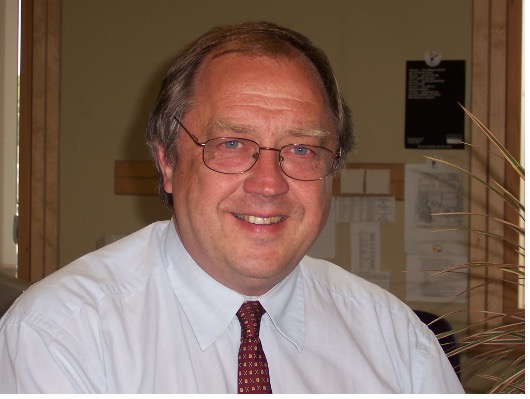
Teacher Education in sub-Saharan Africa - TESSA
by Dr Kris Stutchbury and Emeritus Professor Bob Moon
2025 marks 20 years since Teacher Education in sub-Saharan Africa (TESSA www.tessafrica.net) was launched by an OU-led consortium of institutions from 9 countries. The TESSA Open Educational Resources (OER) remain relevant and useful as Governments all over sub-Saharan Africa realise the benefits of teacher-led ‘communities of practice’ as a mechanism to support teacher professional development.

I never thought I'd be sitting here writing poetry about abortion, but here I am.
by Martha Nicholson (The Open University, UK)
Co-producing knowledge is often proposed as way to ‘build bridges’ and establish equitable partnerships between academic institutions and research participants in the health system. But how might the co-production of knowledge and policy-relevant recommendations with health professionals work in practice?

Does it matter if it’s true or not?
by Dr Jane Doka (The Open University, UK)
I had just finished data analysis and was about to write up my findings for my study, which explored the education experiences of six girls in Sub-Saharan Africa (SSA) who were characterised as ‘marginalised’. These girls had been recruited onto a vocational education and training programme by an international organisation, which sought to improve their lives through training them in skills for their livelihood.
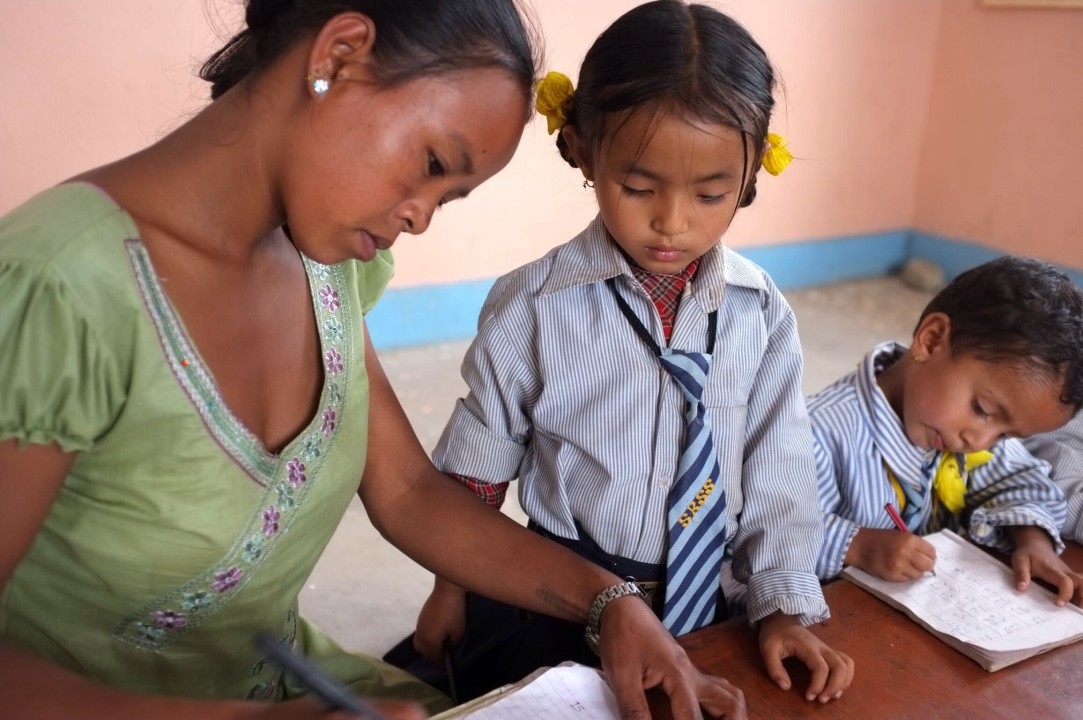
Better collaborations to support children’s learning and development: how do we recognise learning teams?
by Dr Alison Buckler (The Open University, UK), Freda Wolfenden (The Open University, UK)
How can the expertise of diverse actors be harnessed to ensure all children can access productive learning opportunities that support their aspirations? Over the past seven years we have been exploring this question with our partners at the Learning Generation Initiative (LGI).
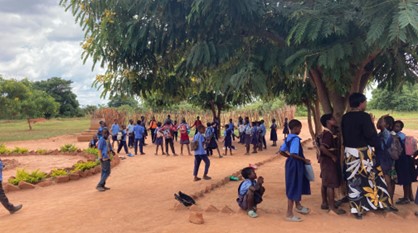
Striking a balance between the individual and the community through an extended understanding of marginalisation
by Dr Jennifer Agbaire (The Open University, UK), Dr Kris Stutchbury (The Open University, UK) and John Phiri (World Vision Zambia)
Joseph is a volunteer teacher in a rural community school in Zambia. The school has recently been upgraded to a Government school as part of efforts to raise the status and improve the conditions of such schools which serve some of the poorest and most marginalised populations in the country. Joseph set up the school several years before.

Digital-by-default service delivery and the vicious circle of digital poverty
by Motunrayo Oladeji
Digital poverty affects people living on low incomes as they are more likely to be excluded from digital services. While digital services may be convenient for many, they can be a significant barrier for those without access to digital devices, unable to afford data packages, or less able to use them.
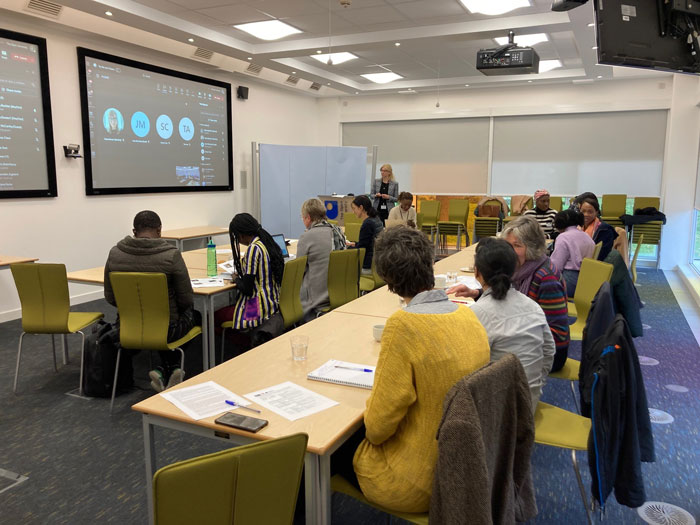
Ibali learning and networking event on inclusion
by Motunrayo Oladeji
The Ibali project team has been researching inclusion from the perspectives of young people and teachers in Nigeria, South Africa, and the UK using a storytelling approach for the last two years. They organised a learning and networking event in December 2023 to engage with researchers and practitioners working in the educational inclusion space.
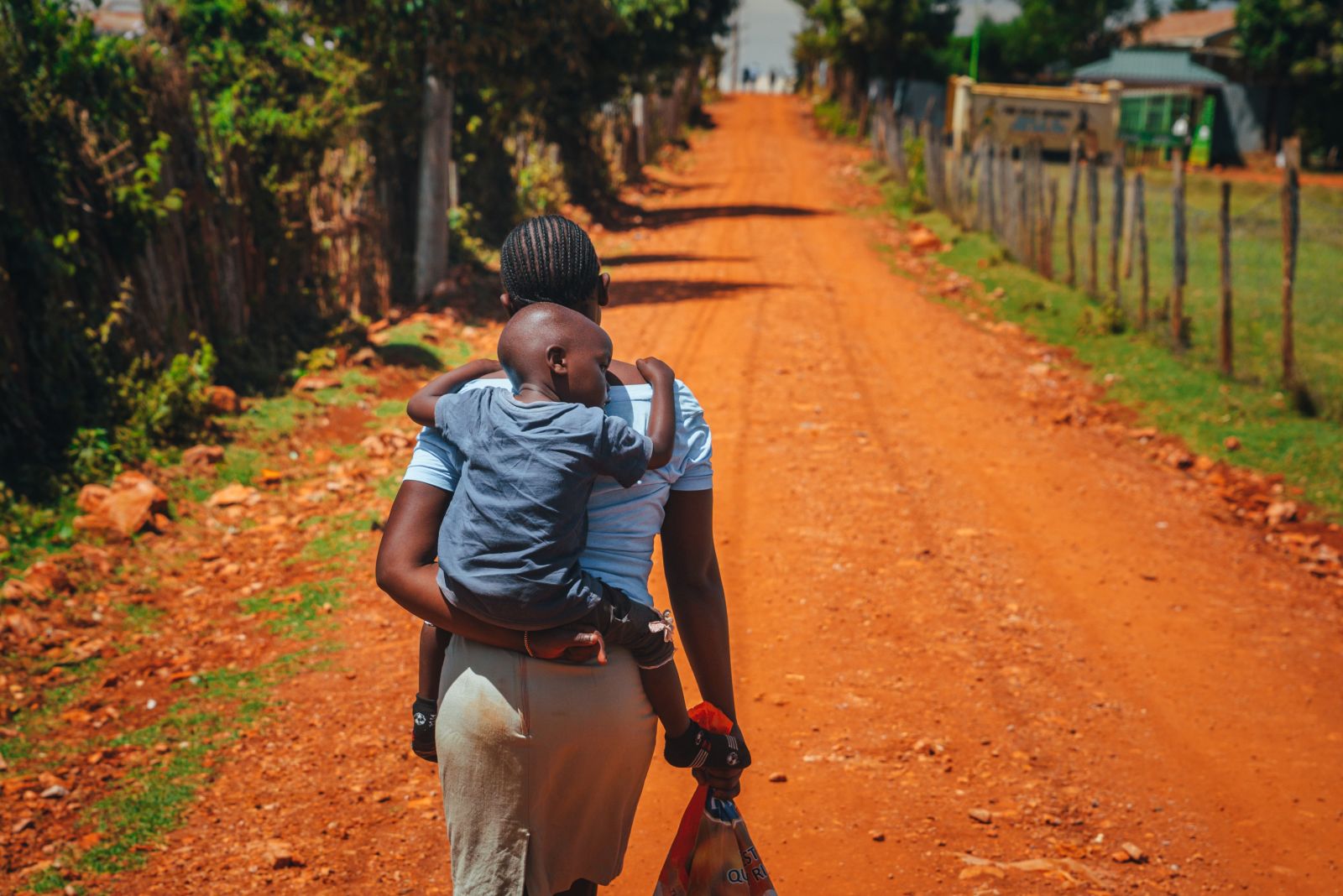
Navigating the intersections of health and education: a case study of early pregnancy and motherhood research in Nigeria
by Motunrayo Oladeji
In Nigeria, 1 in 5 girls aged 15 to 19 years are either pregnant or young mothers. Unfortunately, pregnant teenagers and young mothers often face discrimination and are either expelled from school or forced to drop out due to the competing demands of childcare and education.
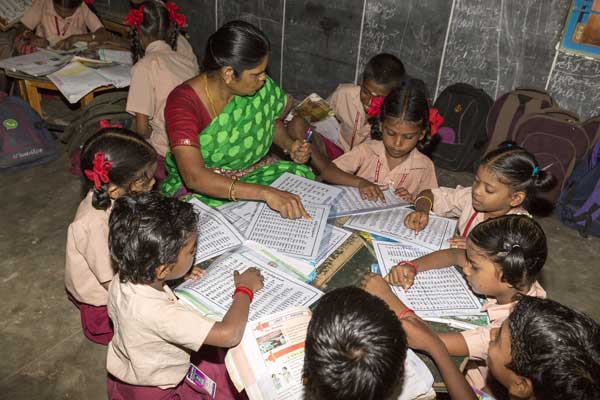
Exploring teachers' identity towards mental health well-being
by Motunrayo Oladeji
Teachers play a vital role in shaping the future of our society by imparting knowledge, skills, and values to their students. However, being a teacher is not an easy task. It comes with challenges and responsibilities that can affect a teacher's mental well-being.

Developing collaborative projects: why, how and with whom
by Prof Cathy Lloyd and Dr Philippa Waterhouse
As we reach the halfway point towards the sustainable development goals (SDGs), Ll Junhua, the Under-Secretary-General for Economic and Social Affairs at the United Nations, has called for a further strengthening of collaborations if we are to make meaningful change.
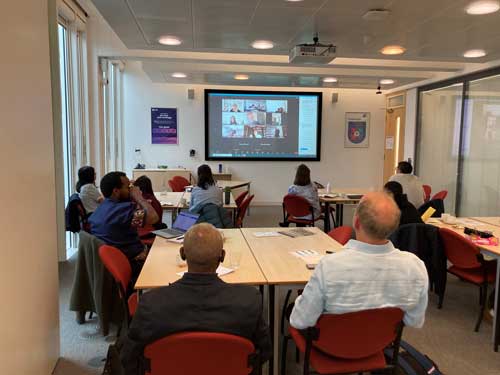
Reducing poverty and improving wellbeing: time for a new ‘human’ face?
by Motunrayo Oladeji
In a recent Poverty and Social Protection Hub seminar, Dr Keetie Roelen spoke about the importance of including a "human face" in policies that aim to reduce poverty and improve well-being. The session was divided into three parts: setting the scene, identifying five blind spots, and highlighting policy and research implications.

Forging renewed commitments towards eradicating extreme poverty
by Keetie Roelen and Vidya Diwakar
‘Decent Work and Social Protection: Putting Dignity in Practice for All’ is the theme of this year’s UN International Day for the Eradication of Poverty held on the 17 October. Enabling these outcomes and practices is more pertinent than ever. According to recent reports, the world is currently off track to meet the Sustainable Development Goal (SDG) 1 on ending extreme poverty by 2030.
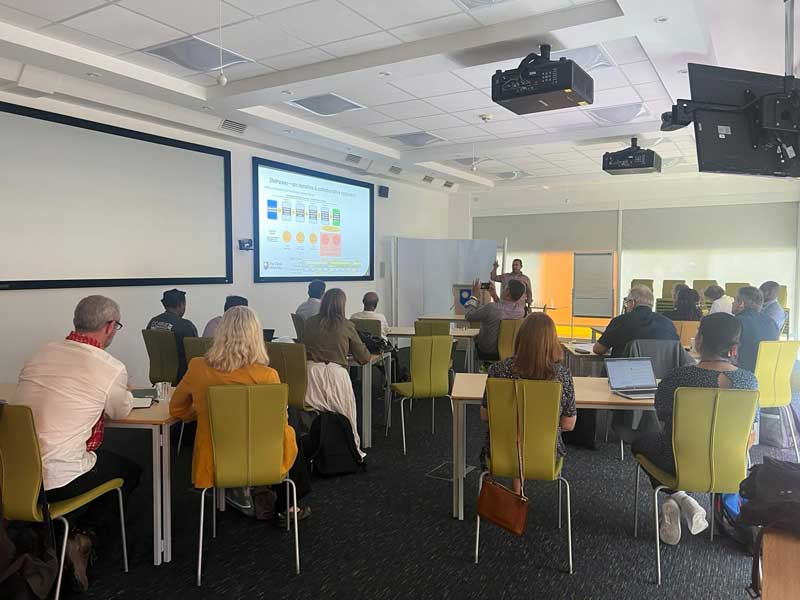
Sharing insight and experiences from teacher professional development research
by Motunrayo Oladeji
The Executive Dean at the OU recently welcomed colleagues from partner institutions in South Asia, including Prof Vikas Maniar from the Tata Institute of Social Sciences, India and Prof Dr Md. Abdul Halim, Prof Dr S M Hafizur Rahman, and Prof Mohammad Nure Alam Siddique from the Institute of Education and Research, University of Dhaka, Bangladesh.
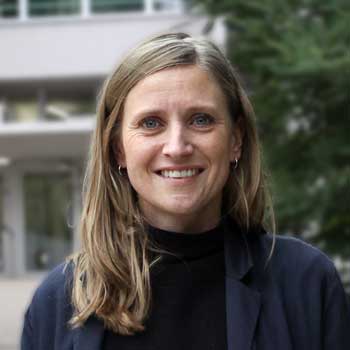
Meet the researcher: Martha Nicholson – Exploring the role of midwifery and nursing in abortion care
by Motunrayo Oladeji
Martha Nicholson is a PhD Candidate in the Faculty of Wellbeing, Education, and Language Studies at The Open University. She previously worked in sexual and reproductive health and rights for non-governmental organisations.
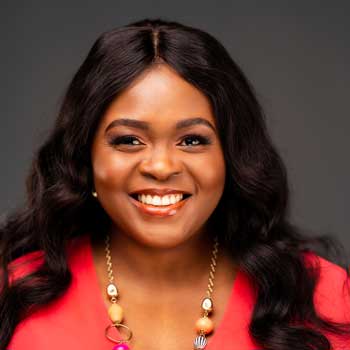
Meet the researcher: Jane Magaya - Exploring the education experiences of marginalised girls in Zimbabwe
by Motunrayo Oladeji
Jane Magaya is a PhD candidate interested in girls’ education and social justice. Her work explores the education experiences of marginalised girls in Zimbabwe.
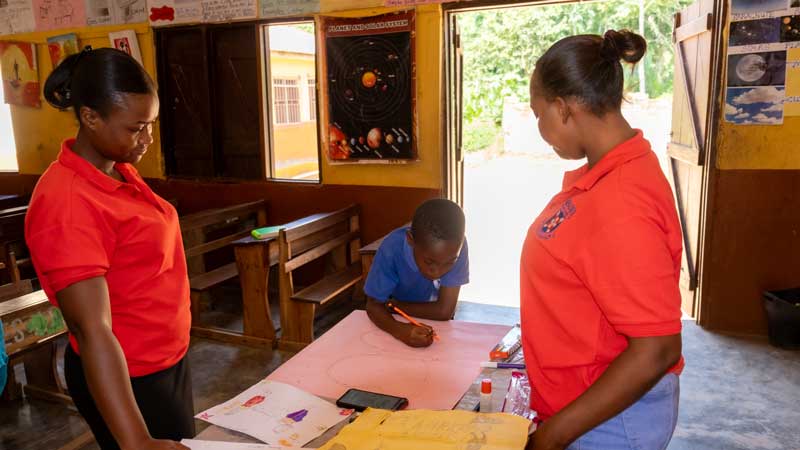
The power of community collaborations to improve children’s learning and wellbeing
By Alison Buckler, Freda Wolfenden, Kwame Akyeampong, Memory Malibha-Pinchbeck, Katie Godwin
Bertina - a primary school teacher in Ghana’s Akuapem South District - tells us about an interaction she had with the mother of one of her pupils. The child had been coming to school late, and infrequently, and Bertina had called the mother to school to discuss the issue.

Meet the researcher: Aaron Faro Mvula – Understanding the experiences of young unmarried fathers in rural Zambia
by Motunrayo Oladeji
Aaron Faro Mvula is a PhD Candidate in the Faculty of Wellbeing, Education, and Language Studies (WELS) at The Open University. He previously worked as a lecturer in social work at the University of Zambia and as a senior social worker under the University Teaching Hospital HIV and AIDS Programme (UTH-HAP) in Zambia.
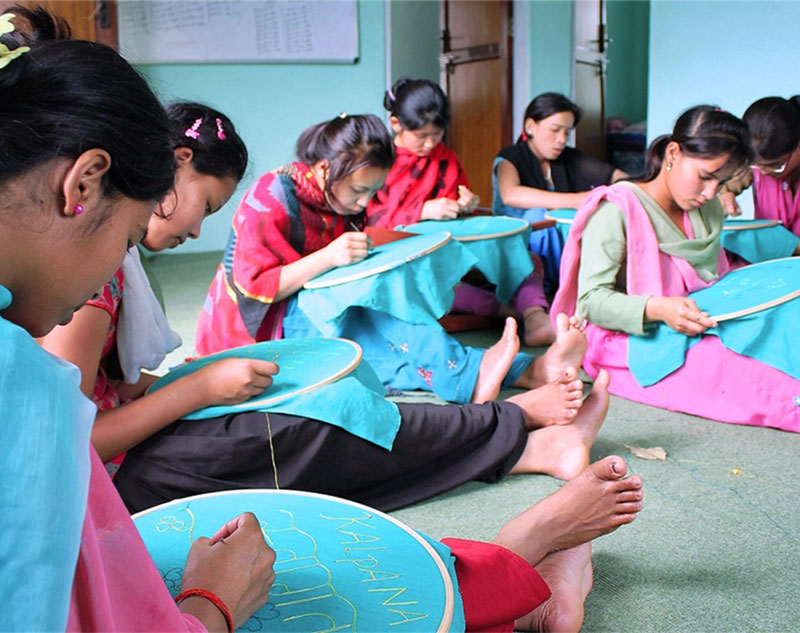
Engaging rural women and girls in research processes: A discussion at the NGO Commission on the Status of Women (CSW) Forum
by Motunrayo Oladeji
How do we engage rural women and girls in our research processes? This was the question the Centre for the Study of Global Development (CSGD) focused on in our recent event at the NGO Commission on the Status of Women (CSW)67 Forum. The Forum is a platform for civil society organisations organised in parallel to the United Nations (UN) Commission on the Status of Women (CSW).

Empowering participation in evidence cafés
by Tom Power and Prof Jacqueline Stevenson
Funded by the EdTech Hub, our collaborative OU-Dhaka University project, 3MPower (Mobile Learning for Empowerment of Marginalised Mathematics Educators) is generating evidence on technology use for Teacher Professional Development (TPD) in Bangladesh, with a particular focus on children’s foundation numeracy skills in schools serving marginalised, low-income, rural communities.
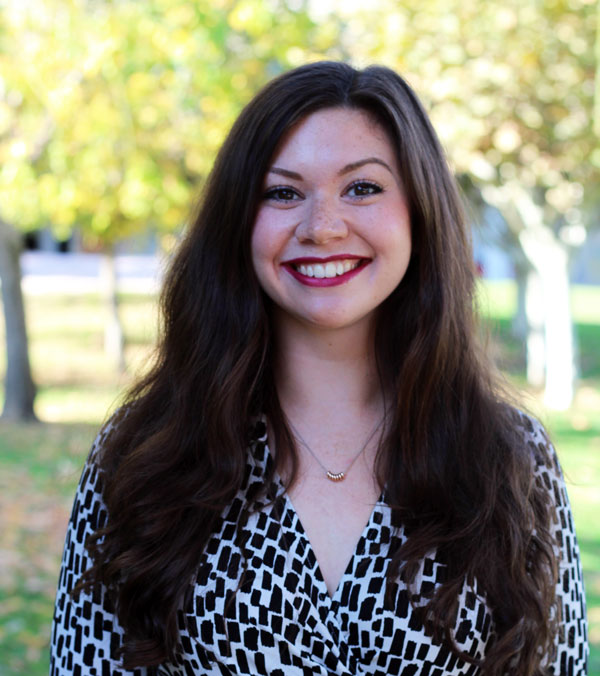
Meet the researcher: Elizabeth Ascroft – Creating safe spaces to discuss sex and sexuality
by Elizabeth Ascroft
Elizabeth Ascroft previously worked on programme design and research in the sexual and reproductive health and rights space in international development settings before starting her PhD at The Open University. Sexuality can often be seen as a taboo topic and Elizabeth’s work looks at creating safe spaces for people to discuss sensitive and taboo subjects such as sex, gender, and pleasure.
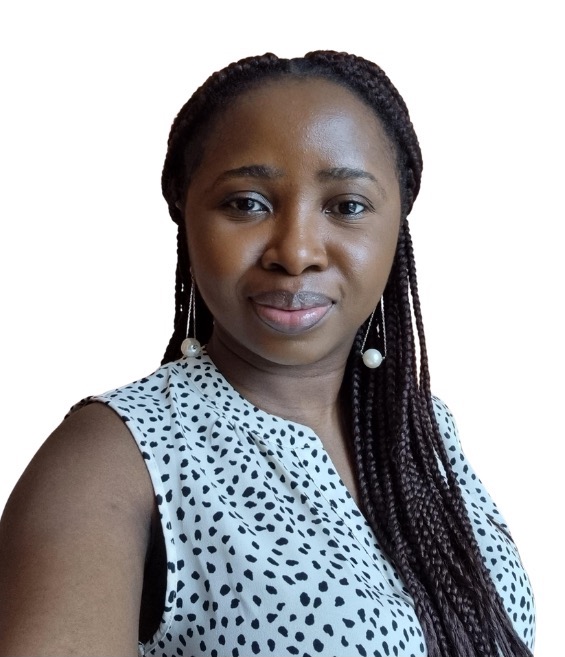
Protecting the ones left behind: supporting learning inclusion for young women in Nigeria
by Dr Ayomide Oluseye
As I review the data gathered during one of my field trips to Nigeria, where I worked with young women, I'm particularly struck by this quote:
Contact Us
Whatever your reasons for wanting to connect with us, you can contact us via email or social media on the addresses below
Email: CSGD@open.ac.uk
Twitter: @OU_CSGD
Sign up to our mailing list to receive the latest news on our research, events and publications.
.jpg)